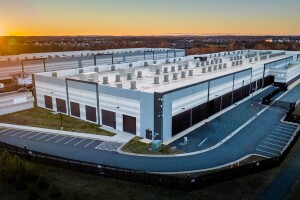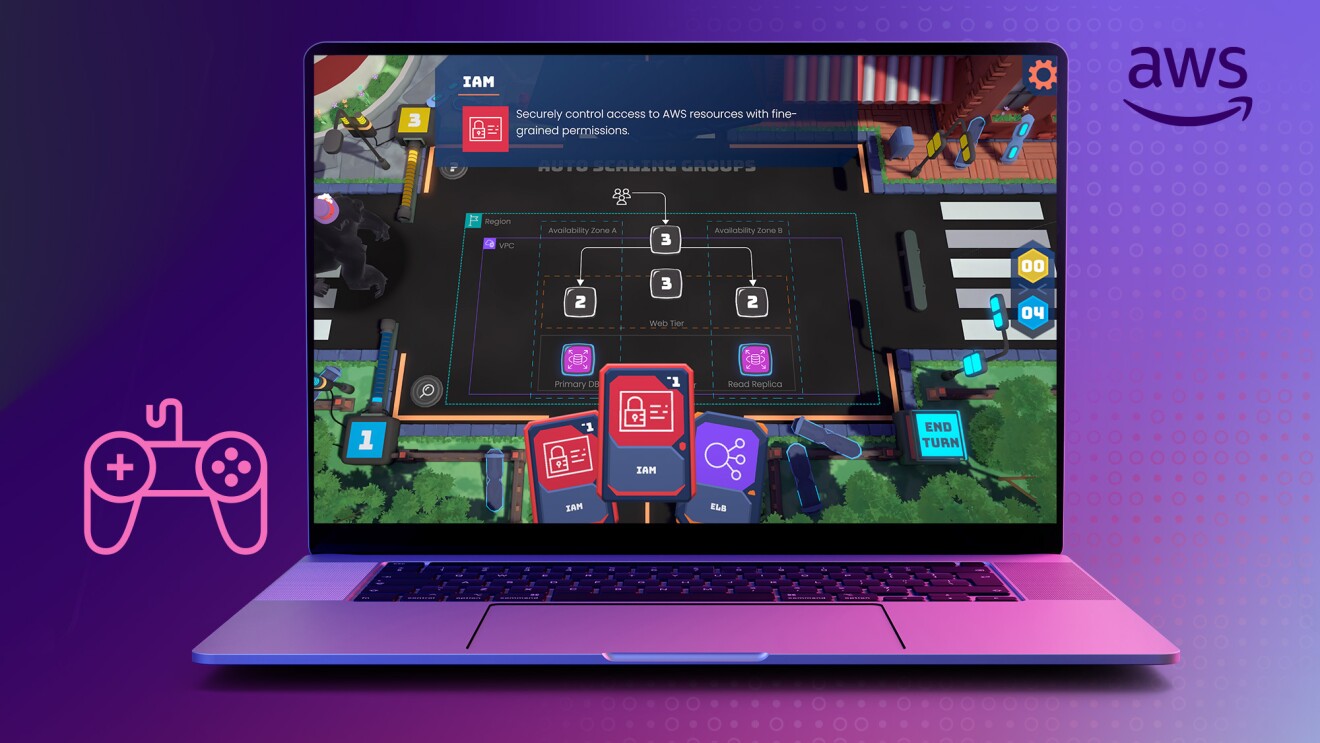In today’s rapidly evolving digital landscape, skills in AI, machine learning (ML), cloud computing, and computer science can open doors to boundless opportunities for students. However, not everyone can easily acquire these in-demand, career-enhancing skills.
At Amazon Web Services (AWS), we are committed to leveling the playing field in education, ensuring learners from underrepresented and underserved communities have equal access to transformative learning opportunities. That’s why AWS is committing up to $100 million in cloud credits over the next five years to help qualifying education organizations around the world build or scale digital learning solutions as part of the AWS Education Equity Initiative.
This new program will provide recipients with cloud credits, which essentially act like cash that organizations can use to offset the costs of using AWS's cloud services. Recipients can then take advantage of AWS's comprehensive portfolio of cloud technology and advanced AI services to create innovations such as AI assistants, coding curriculums, connectivity tools, student learning platforms, mobile apps, chatbots, and other technology-based learning experiences. They can also get technical expertise from AWS Solution Architects, who will provide architectural guidance, best practices for responsible AI implementation, and ongoing optimization support.
Bringing digital learning technologies to underserved communities
AWS is already working with more than 50 organizations from 10 countries, enabling them to use advanced technologies to bring digital learning solutions to underserved and underrepresented communities. Examples include:
- Code.org, a nonprofit dedicated to providing computer science and AI education for K-12 schools with a focus on supporting young women and students from underrepresented groups, will use AWS’s cloud credits to scale an AI Teaching Assistant. This innovation has already helped teachers reduce the time they spend assessing students’ coding projects by up to 50%. Improved efficiency means teachers have more time to work on personalized lesson plans and coach students. Code.org’s AI Teaching Assistant is powered by Amazon Bedrock, AWS’s fully managed service to build and scale generative AI innovations.
- Rocket Learning, an India-based nonprofit that improves access to quality, early-childhood education for underserved children, will scale a project that leverages Amazon Q in AWS QuickSight as a generative business intelligence service to analyze trends and the effectiveness of video and WhatsApp-based content delivered to educators and parents. This analysis helps optimize content to enhance learning outcomes for children across diverse regions, taking into account varying languages and cultural differences.
- Tangible Africa, a nonprofit that equips children in South Africa with coding skills, will scale offline coding curriculum built on AWS to reach 10,000 learners and 120 teachers in Ghana, Kenya, Uganda, and Zambia.
Unlocking education and career opportunities
The AWS Education Equity Initiative builds on Amazon and AWS’s longstanding commitment to unlock education and career opportunities for underserved learners. In the past year, more than 2 million students have received over 17 million hours of science, technology, engineering, and mathematics (STEM), literacy, and career development courses through Amazon Future Engineer, a childhood-to-career program dedicated to increasing access to computer science education for students from underserved and underrepresented groups, and other Amazon education programs. AWS’s AI and ML Scholarship Program has awarded $28 million in scholarships to approximately 6,000 students to prepare them for a career in AI.
With the addition of the AWS Education Equity Initiative, AWS will be able to help nonprofits, education technology companies, social enterprises, governments, and corporate social responsibility teams expand access to learning and development opportunities to underrepresented and underserved communities.
Trending news and stories
- Amazon unveils 7 new robots powering faster, safer deliveries: Go inside our most innovative delivery station yet
- Introducing Vulcan: Amazon's first robot with a sense of touch
- This new AI tech will make sorting packages easier for Amazon's delivery station employees
- How Amazon helps data center communities thrive












